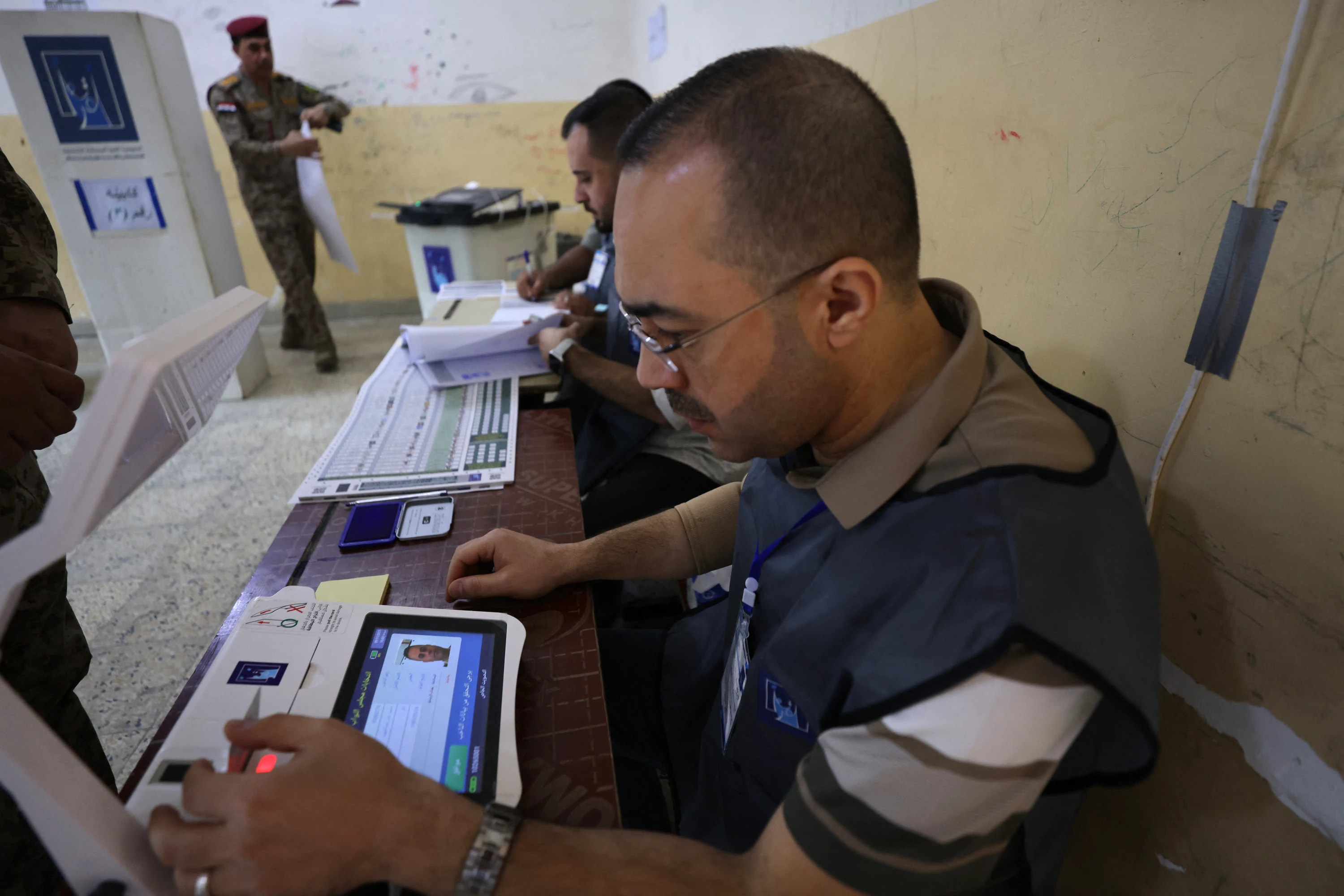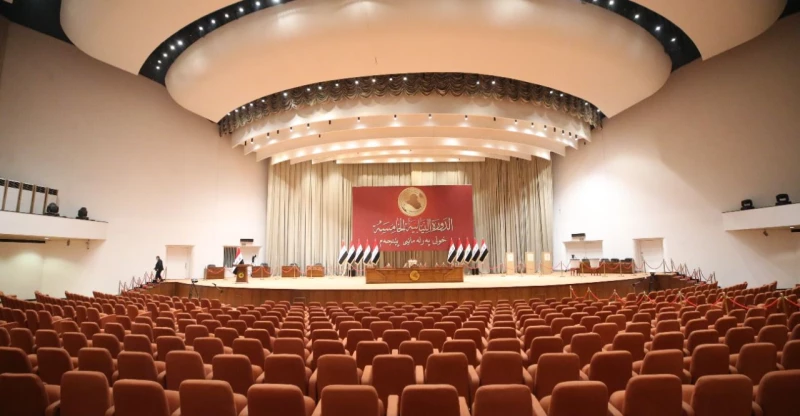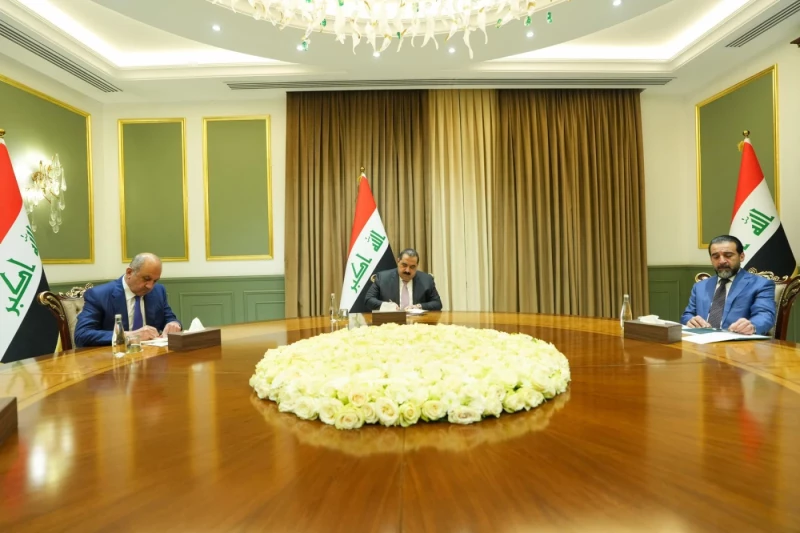ERBIL, Kurdistan Region of Iraq As Iraq prepares for its parliamentary elections, experts say voter participation will likely differ sharply between provinces, depending on levels of public trust, security, and economic stability.
Election expert Jasim al-Gharabi told The New Region that several factors could shape turnout rates. “The most important [factor] is trust in political institutions,” he said. “Provinces that suffer from poor public services or have seen major protests often record lower participation, as people feel elections will not change anything.”
Gharabi added that security and stability also play key roles. “When the environment is calm and safe, participation increases,” he explained. “But provinces facing security challenges often see lower turnout. Social and tribal ties can also encourage citizens to vote, unlike urban areas where participation may be weaker.”
He noted that campaigns and candidate programs will be crucial in attracting undecided voters, especially young people who make up a large part of the electorate. “Many young Iraqis are frustrated by seeing the same politicians and no real solutions to economic or employment problems,” he said.
“If the Election Commission ensures transparent procedures and uses modern technology, that could help build confidence and increase participation.”
Gharabi said that voter turnout is “not just a number, but a message” that reflects public satisfaction with politics. He urged authorities to address the reasons behind low turnout in some provinces through realistic and inclusive policies.
Varying conditions across provinces
Strategic affairs researcher Hussein al-Asaad also told The New Region that participation rates are expected to differ from one province to another because of local and social conditions.
He explained that the main factors include political awareness, trust in the impact of one’s vote, and the security situation around polling centers.
“Urban provinces may sometimes see medium to low participation due to frustration from past experiences,” Asaad said. “But provinces with strong tribal and community ties often record higher turnout because social belonging motivates people to vote.”
Asaad added that economic hardship can discourage citizens from voting, while “realistic campaign promises can help boost participation in more active areas.”
He emphasized that turnout rates serve as a real indicator of democratic health. “For the elections to succeed, Iraq must ensure a safe political environment, transparent procedures, and effective awareness campaigns that encourage broad and balanced participation across all provinces,” he said.
Iraq’s last parliamentary elections in October 2021 saw a record low turnout amid widespread public frustration.
Currently, more than 7,750 candidates are competing for 329 parliamentary seats under a proportional representation system.
At 7:00 am local time on Sunday, early elections began in Iraq for special forces and members of the security services, in addition to certain internally displaced persons (IDPs) and detainees in designated institutions.
The country’s general vote will be held two days later on Tuesday, where around 20 million registered voters can cast a ballot.



 Facebook
Facebook
 LinkedIn
LinkedIn
 Telegram
Telegram
 X
X


